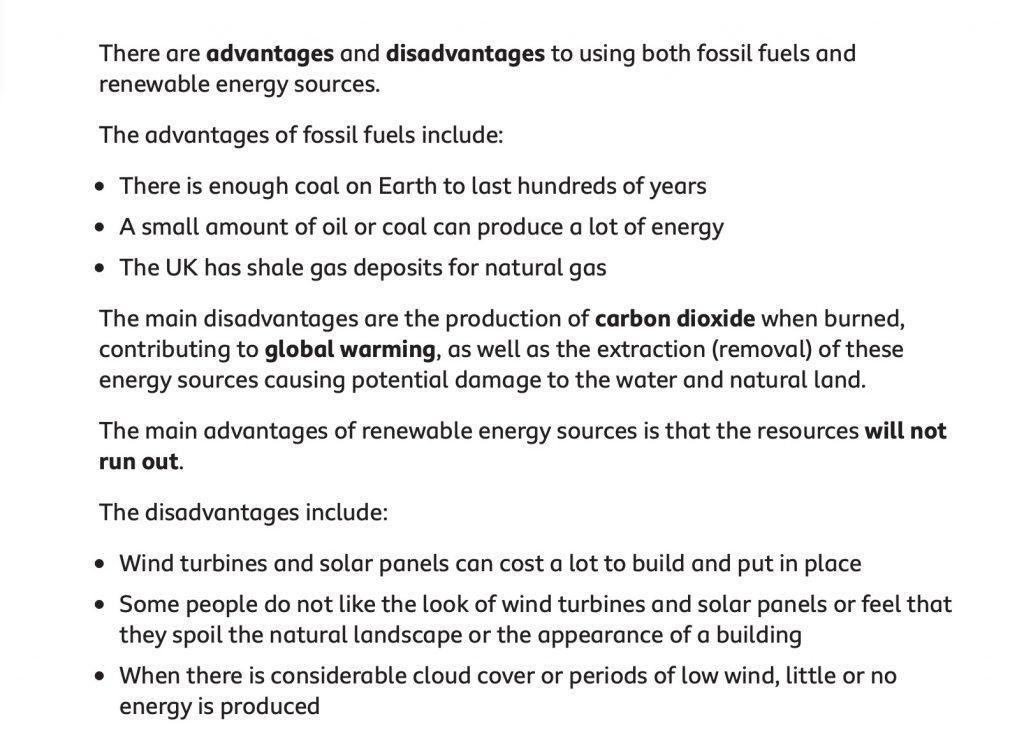Aaaaaagh! The Zombie Energy Myths Rise Again
 Like a big chunk of the population, my time, energy and sanity are currently being stretched to breaking point by the increasing expectations of clients and other stakeholders as the lockdown eases on one hand, and, on the other, the fact there are three boys still in the house requiring educating/distracting from fratricidal thoughts.
Like a big chunk of the population, my time, energy and sanity are currently being stretched to breaking point by the increasing expectations of clients and other stakeholders as the lockdown eases on one hand, and, on the other, the fact there are three boys still in the house requiring educating/distracting from fratricidal thoughts.
So last Friday morning, me and the little one sat down to the energy lesson on the BBC Bitesize website. The main video featured a gas-fired power station, which is fair enough given the current mix of energy, but made only passing mentions of clean energy. What really set my teeth on edge was the pros & cons of renewable energy and fossil fuels:

In other words, fossil fuels are plentiful and cheap (but might cause a wee bit of climate change), whereas renewable energy is expensive, intermittent and people hate the sight of them. Just to point out to Charlie how out of date this view was, I pulled up the live National Grid energy mix: 40% solar/wind/hydro, 37% fossil fuels, 18% nuclear and 3% biomass.
The ‘renewables’ section of the page consisted of a video clip from the kids’ home improvement show Dengineers where the team attached a very retro waterwheel to the side of their den (with an electric pump to get the water flowing over it…) and said this was ‘eco-friendly’. If the pros and cons raised my hackles, this got me really angry, to the bemusement of the young ‘un. There is some really exciting engineering going into, say, offshore wind turbines – perfect for a video explanation – yet renewables are being presented to a generation of youngsters as a clunky cottage industry.
I presume this misleading tone arose through ignorance and the race to cobble together daily lessons, rather than deliberate anti-renewables propaganda. We call such ideas zombie myths, because no matter how many times you kill them, they keep reappearing. But kill the myths we must if we are to create a sustainable future for our children.

